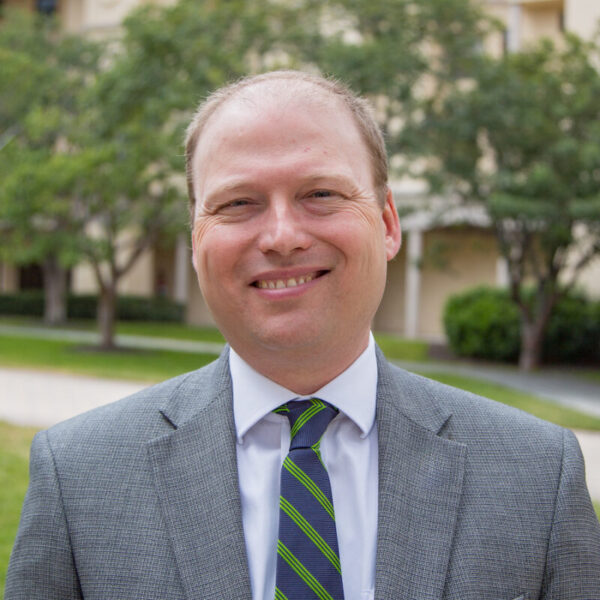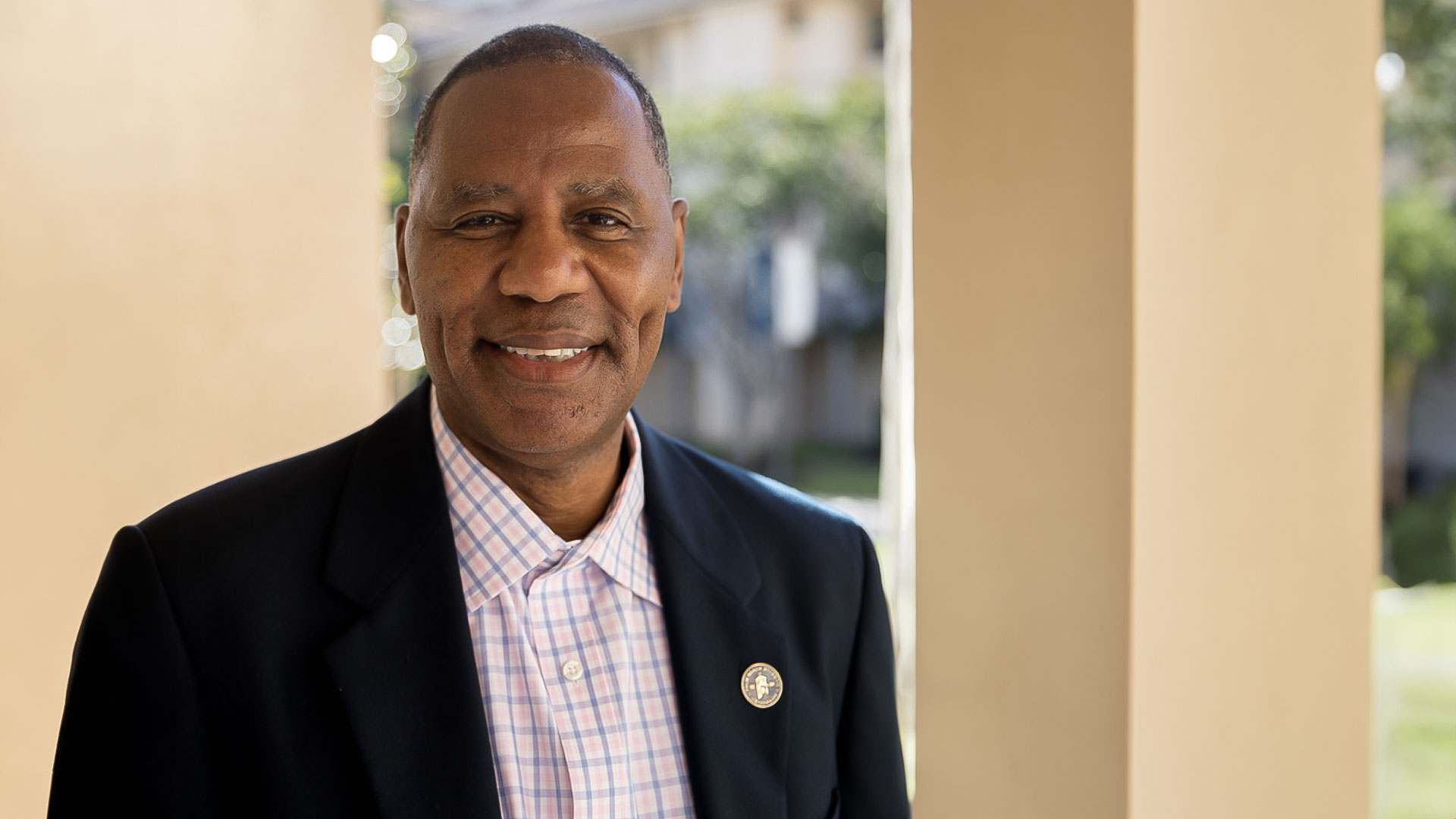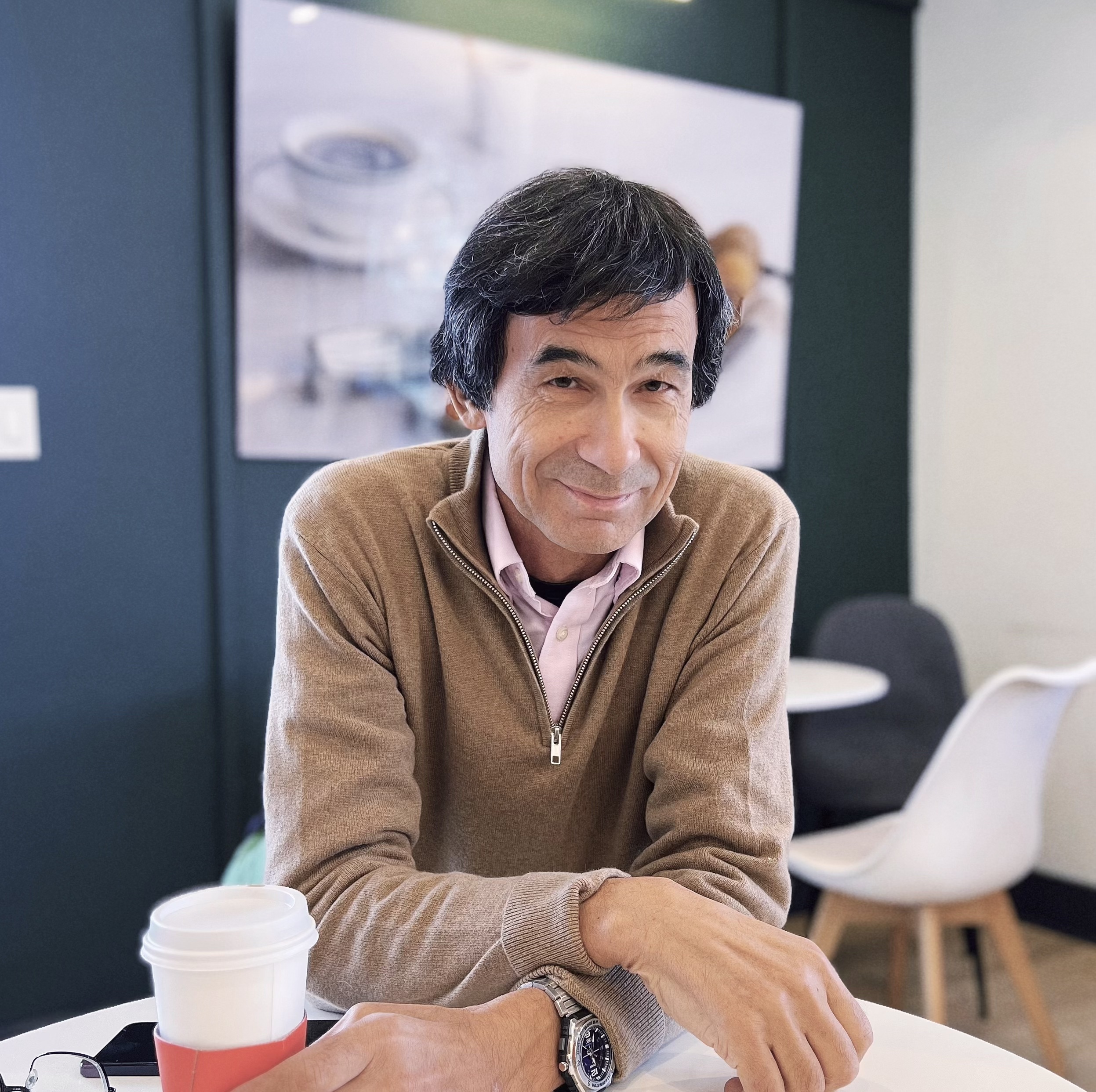A dozen or so students popped online one afternoon, ready for the same Socratic-style discussion that they’ve been having in honors courses for years.
Except this time, it was a Saturday during summer break, and these students had already earned their degrees. They were alums, gathered for a special seminar led by Dr. Richard Gamble, editor of “The Great Tradition: Classic Readings on What It Means to Be an Educated Human Being.” “The Great Tradition” is the textbook for the capstone course in the Frederick M. Supper Honors Program.
Gamble’s webinars on the textbook caught the attention of Dr. Tom St. Antoine, director of PBA’s honors program. St. Antoine reached out, and Gamble, a former PBA professor, invited him to co-host a webinar about American author Wendell Berry’s views on education. (PBA honors students also read Berry’s novel “Hannah Coulter” as part of their curriculum.)
St. Antoine and Gamble’s former students said the seminar sparked ongoing conversations and served as a timely reminder that education should help people develop into citizens who contribute to the communities to which they belong, rather than merely people with a long list of professional accomplishments.
Austin Parenti ’18, a film teacher at The King’s Academy, said he realized that after just a couple years in the workforce, he had become focused on his personal growth as a teacher and his students’ growth as filmmakers. According to Berry, however, teachers should develop students who contribute to their communities.
Parenti also gained a new perspective on Jesus’ parable of the sower.
“We often see ourselves as spreaders of the gospel,” Parenti said. “There’s another aspect to that – not just spreading the seed, but creating good dirt.”
That means helping people become rational thinkers who will receive the gospel whenever and wherever they hear it – regardless of who shares it with them, he said.
The webinar inspired Hope Bueller ’04 to think more deeply about the education of her two young children, as well as the young physicians whom she trains as an ears, nose and throat doctor with Lake Charles Memorial Health System in Lake Charles, Louisiana.
“It really enforced the idea that success is not about degrees, education level or salaries, which might sound ironic coming from a doctor,” Bueller said. “It’s really about who we are as people. Your contribution to the community is ultimately what matters.”
Bueller realized that she could have a greater influence on the medical residents that she trains by talking with them about why integrity, honesty and such character traits matter, in addition to modeling those attributes.
The webinar was so impactful that Bueller and a couple of friends scattered around the country decided to start reading Wendell Berry books and discussing them together on an ongoing basis.
Rachel Green ’18, a doctoral student in clinical psychology at Fuller Theological Seminary, said Berry’s works represent the majority of what she reads in her free time. Initially, she found it difficult to imagine the sense of community and belonging he described, as she grew up in a military family that moved every couple of years, she said. PBA was the first place she lived for more than two years at a time.
Berry’s idea of honoring and caring for the place where you live has stuck with her.
The discussion of Berry’s work also turned to the topic of how the more disconnected people are from each other, the worse off they are. It prompted Green to take a break from writing her doctoral dissertation proposal to go out to her school’s community garden and soak up the sun for a bit.
It also prompted her to contemplate the purpose of her proposal, which is highly-specialized and full of academic jargon, she said.
“I read what I wrote and thought, ‘Does this really matter?’” Green said. “I came to the conclusion that it does, but only to the extent that I can bring it back to other people, not just those in the ivory tower.”


